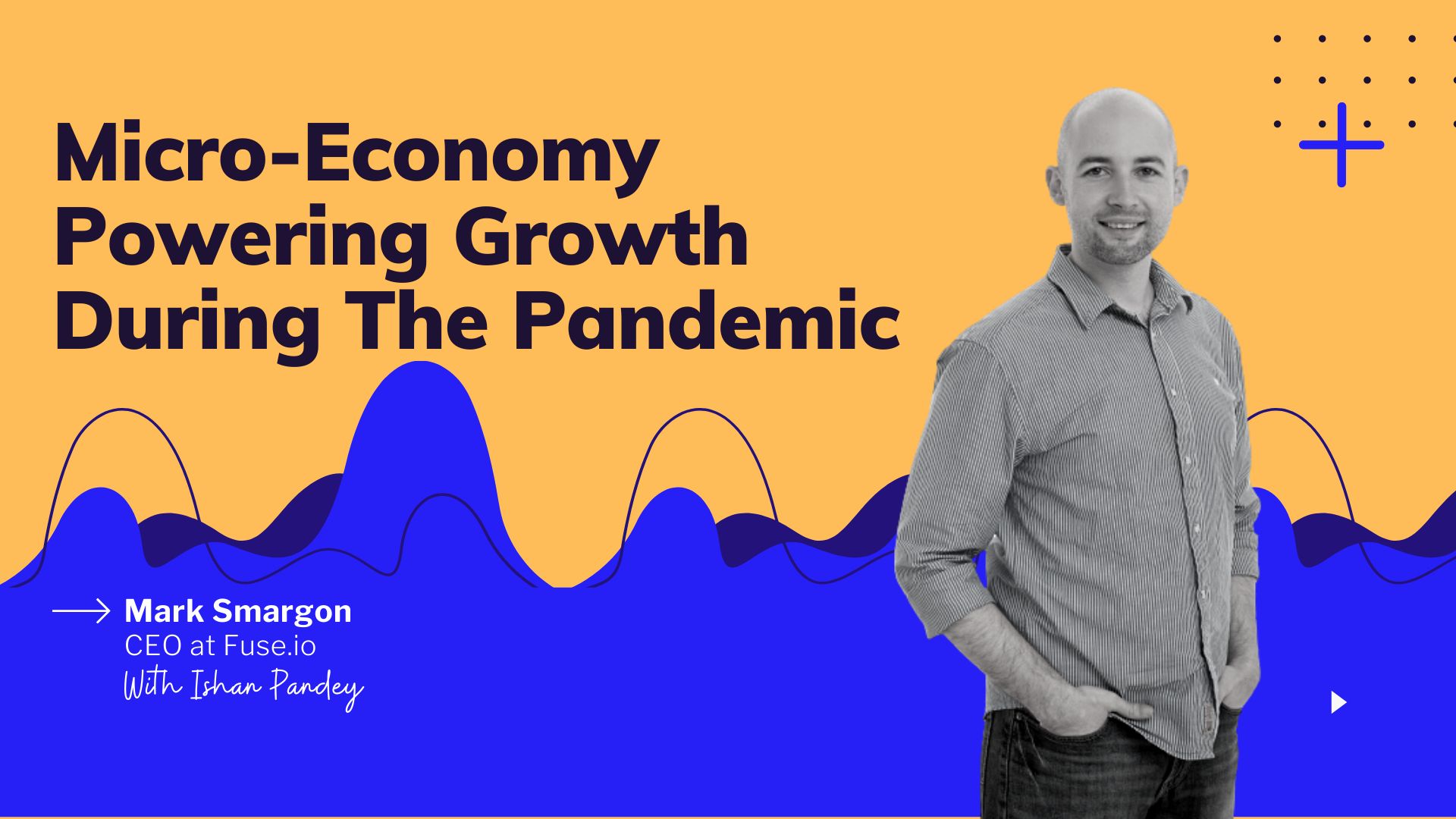287 reads
Sustainable Communities Through Digital Economies with Mark Smargon
by
October 16th, 2020

Building and Covering the latest events, insights and views in the AI and Web3 ecosystem.
About Author
Building and Covering the latest events, insights and views in the AI and Web3 ecosystem.
